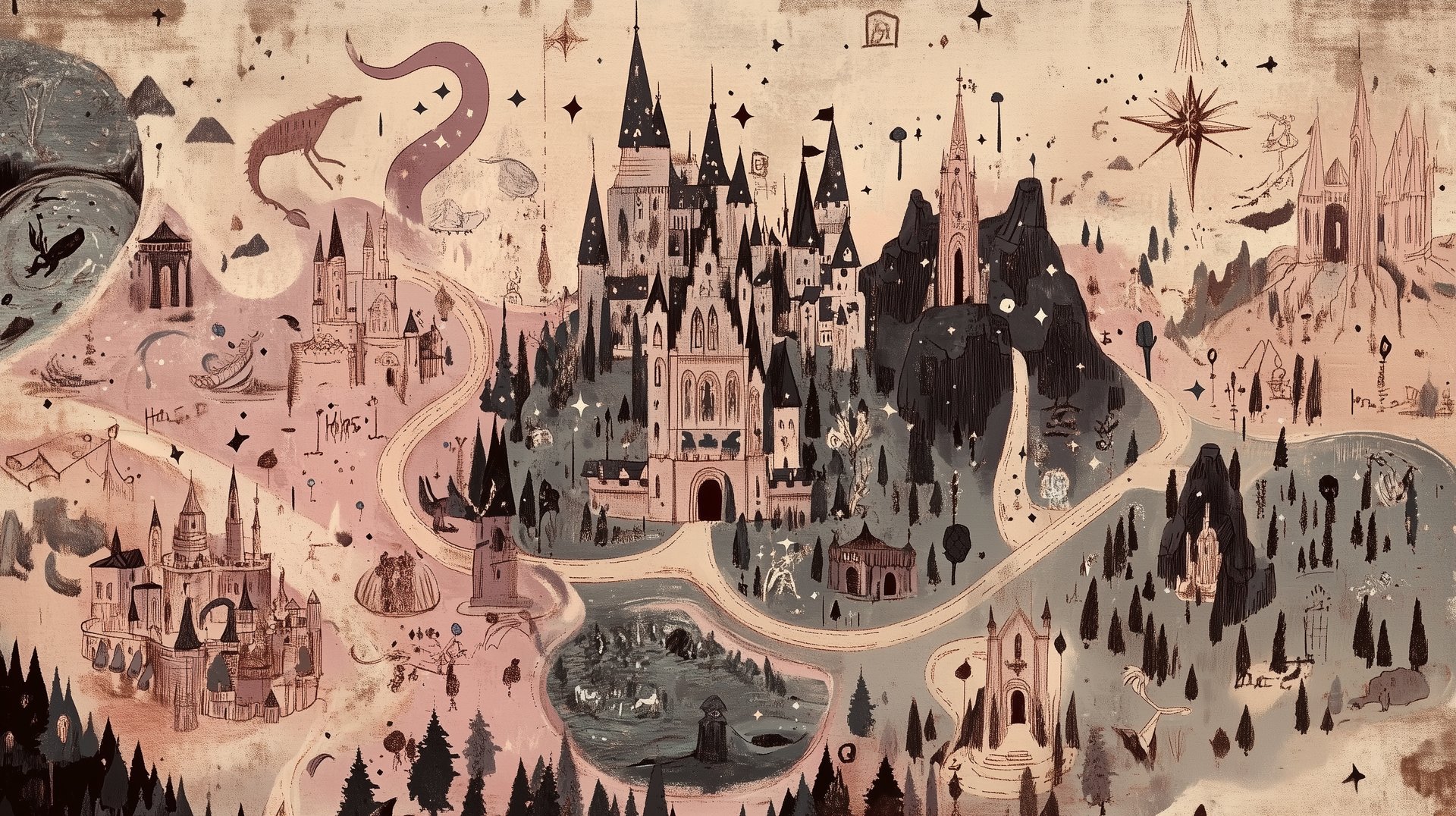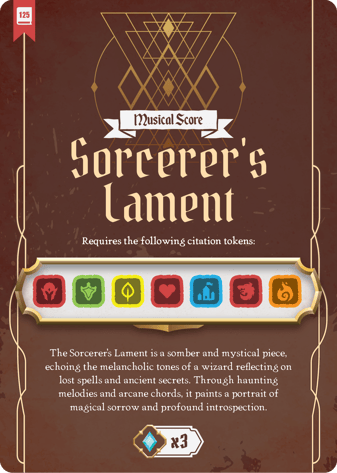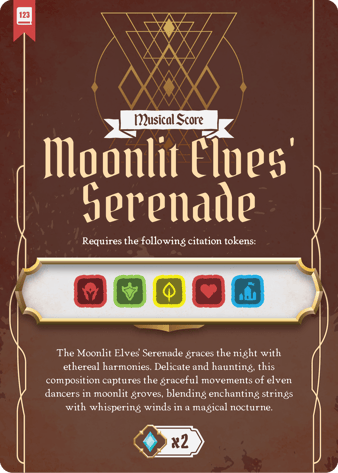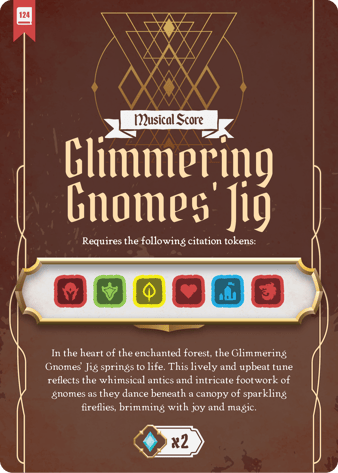
Musical Scores
Not all knowledge is written in words—some wisdom is carried on melodies, woven through harmonies, and bound within the rhythmic pulse of the world itself. Musical scores preserve the work of composers, bards, and orchestrators, ensuring that their songs, symphonies, and sacred canticles endure across generations. Whether composed for grand orchestras, wandering minstrels, or celestial choirs, these works stand as testaments to the power of sound in shaping culture, emotion, and history.
Unlike books or journal articles, musical scores have unique citation elements, including:
The composer or arranger, who crafted the piece.
The title of the composition, ensuring precise reference.
The format of the score, whether manuscript, digital, or published collection.
The publisher and edition, crucial for sourcing specific versions.
A performance or recording reference, if applicable.
Below, you will find examples of musical score citations, ensuring that the melodies of the past remain preserved for future generations to play, study, and experience.
Orchestral & Symphonic Compositions
Grand symphonies echo across concert halls and celestial spheres alike, capturing the epic and the eternal in cascading notes and swelling harmonies.
Example (Harvard Style): Silverquill, T. (Year 1632). Celestial Rhapsody No. 2 [Musical Score]. Eldertome Conservatory Press.
Bardic Ballads & Folk Songs
Some compositions are not etched onto parchment but carried through time by voice alone, passed from bard to bard, generation to generation.
Example (APA 7th Edition): Moonweaver, C. (Year 1499). The Song of the Wandering Star [Transcribed Manuscript]. Starlit Archive of Folklore.
Choral & Sacred Music
The voices of celestial choirs and temple cantors resonate not only in the halls of faith but in the very fabric of the universe itself.
Example (Chicago Style): Brightwing, L. 1724. Canticles of the Eternal Dawn: A Choral Collection [Sheet Music]. Grand Ethereal Cathedral Press.
Music is a language all its own—a force that can stir souls, summon storms, or lull the weary into dreams. By citing musical scores, scholars and musicians ensure that melodies once carried on the wind are never truly lost. To play a forgotten song is to breathe life into history itself—may your citations preserve the echoes of ages past.







